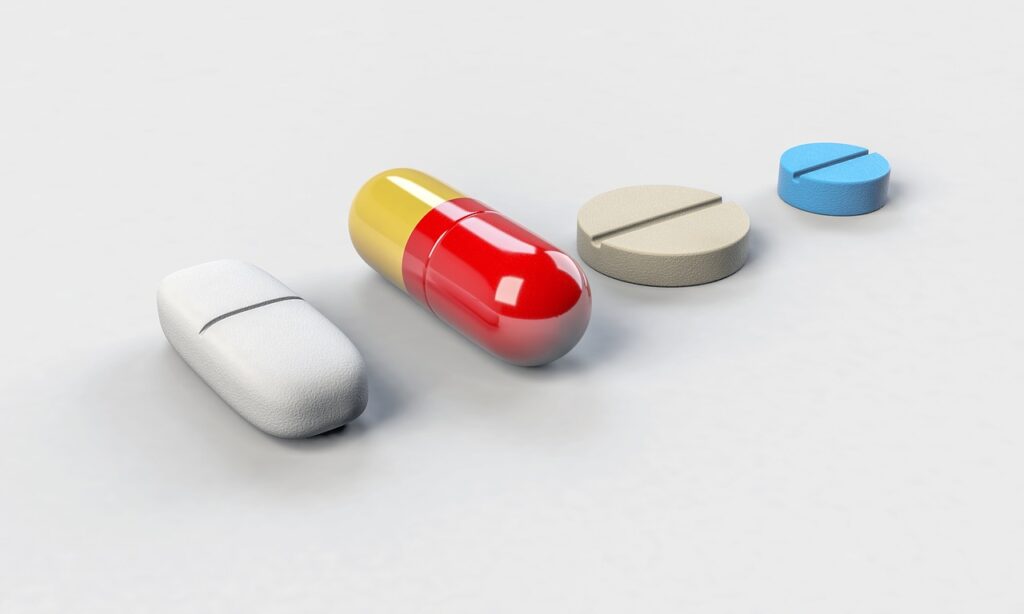
Menopause can be a challenging time for women. As hormone levels change, women may experience a range of symptoms, from hot flashes to bone loss. To help manage these symptoms, many women turn to dietary supplements. In this article, we’ll explore five best perimenopause supplements uk that may be particularly beneficial during menopause: calcium and vitamin D, red clover, probiotics, prebiotics, and multivitamins.
I. Calcium and Vitamin D
Calcium and vitamin D are essential for strong bones. During menopause, women are at risk of developing osteoporosis due to decreasing estrogen levels, so it’s important to get adequate amounts of both nutrients. The recommended daily intake of calcium is 1,000–1,200 milligrams (mg). Good sources of calcium include dairy products, leafy green vegetables, and fortified cereals and juices. Vitamin D helps the body absorb calcium, so it’s important to get enough of both. The recommended daily intake of vitamin D is 600–800 IU (international units). Good sources of vitamin D include fortified dairy products, fatty fish, and eggs.
II. Red Clover
Red clover is a plant with potential benefits for menopause symptoms. It contains isoflavones, plant-based compounds that are similar to the hormone estrogen. Some studies suggest that red clover may help reduce hot flashes, improve bone density, and reduce cholesterol levels. The recommended dosage is 40–80 mg of standardized extract per day. It’s important to note that red clover may interact with certain medications, so it’s important to talk to your doctor before taking this supplement.
III. Probiotics
Probiotics are beneficial bacteria that help maintain a healthy balance in the digestive tract. During menopause, probiotics may help support digestive health and immune function. The recommended dosage is 1–10 billion CFUs (colony-forming units) per day. Good sources of probiotics include fermented foods such as yogurt, kefir, and sauerkraut, as well as probiotic supplements.
IV. Prebiotics
Prebiotics are types of dietary fiber that help nourish beneficial bacteria in the digestive tract. During menopause, prebiotics may help improve digestive health and promote overall well-being. The recommended dosage is 5–10 grams per day. Good sources of prebiotics include bananas, onions, garlic, asparagus, and oatmeal.
V. Multivitamins
During menopause, it can be difficult to get all the necessary nutrients from food alone. Taking a multivitamin can help fill in any nutritional gaps. When choosing a multivitamin, look for one that contains at least 100% of the daily recommended value of essential vitamins and minerals. It’s also important to choose a high-quality brand that has been tested for purity and potency.
VI. Conclusion
In conclusion, calcium and vitamin D, red clover, probiotics, prebiotics, and multivitamins may offer potential benefits for menopause support. It’s important to note that dietary supplements are not a substitute for a balanced diet and regular exercise. Be sure to talk to your healthcare provider before starting any new supplement regimen.

